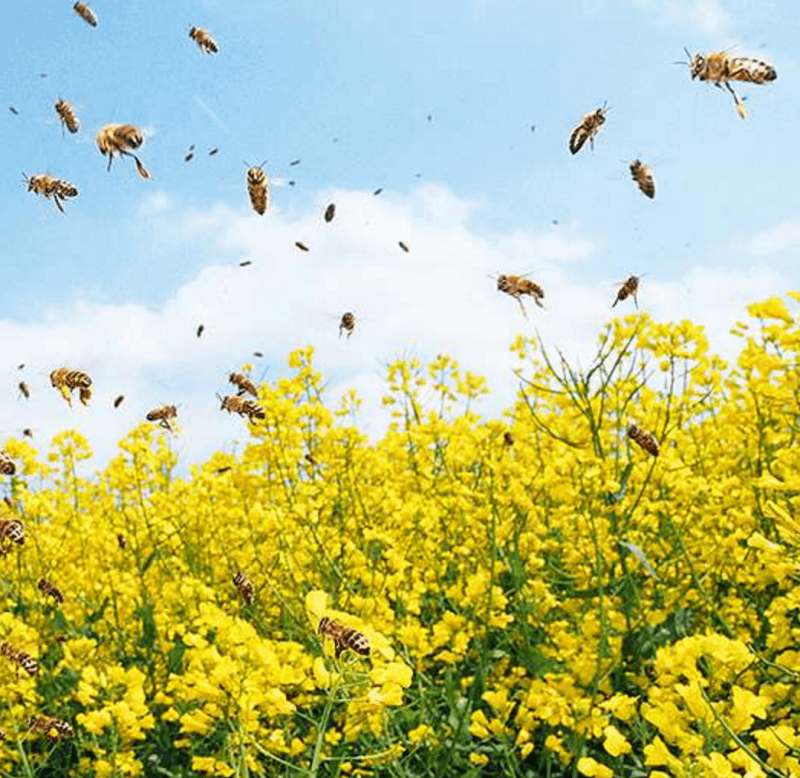Since the ban on neonics, the UK area of oilseed rape has progressively fallen year on year.
What’s more, following an epidemic of cabbage stem flea beetle last year, many growers are choosing to move away from the crop [in 2020]— leaving some saying that the future of the crop is now at crisis point.
This was reflected in the recent AHDB Early Bird survey which revealed that the UK forecast area is down 32% on 2019, and could pose a real threat to production, explains Chloe Lockhart, combinable crops advisor at the NFU.
…
In a brave, but arguably necessary, proposal, the [National Farmers Union, NFU] have asked Defra to back a government-funded scheme which would see farmers reimbursed for up to 80% of the costs associated with trying to grow OSR if their crop fails. “We’re asking for a fresh and new policy solution where the government underwrites the risks associated with cultivating OSR …. ” says [Lockhart].
“This offers the farmer some return – 80% on investment in the crop if it’s lost – and affords confidence to attempt cultivation of OSR whilst driving equivalence with imports that may well have been grown using neonicotinoid seed dressings.































